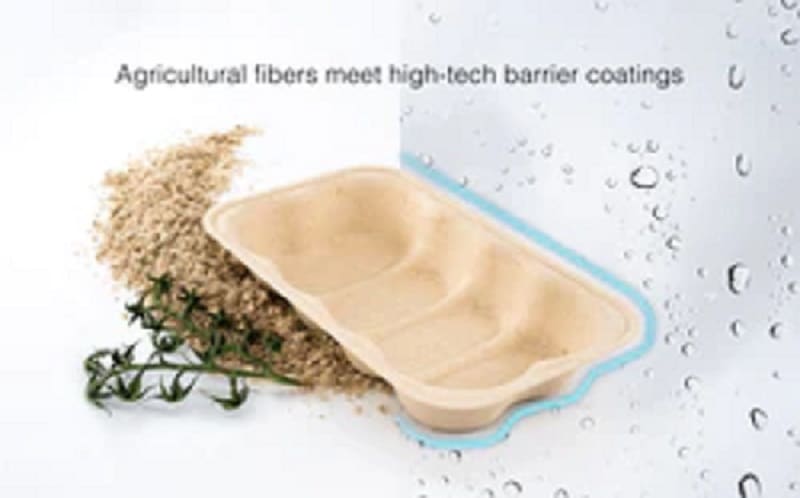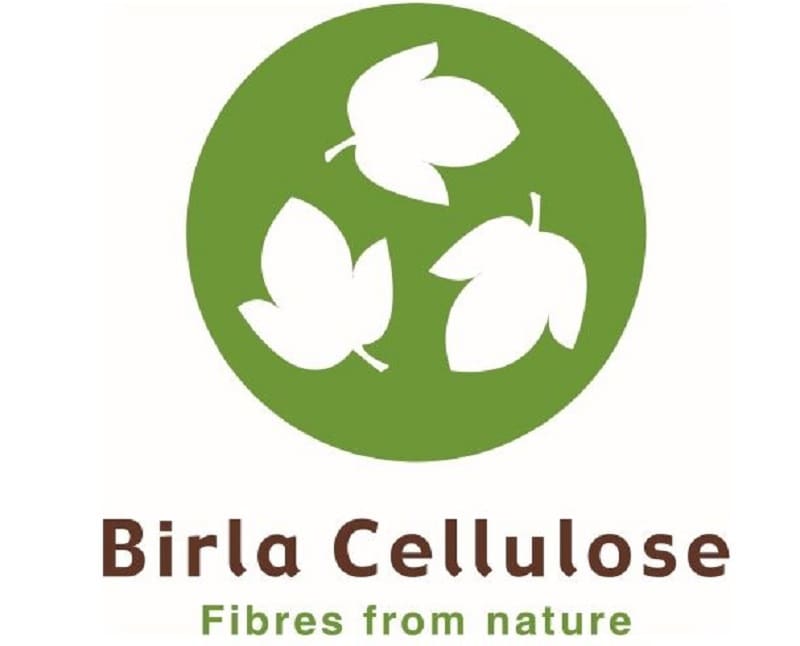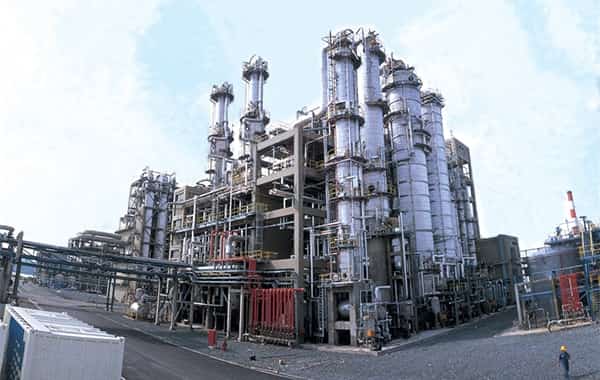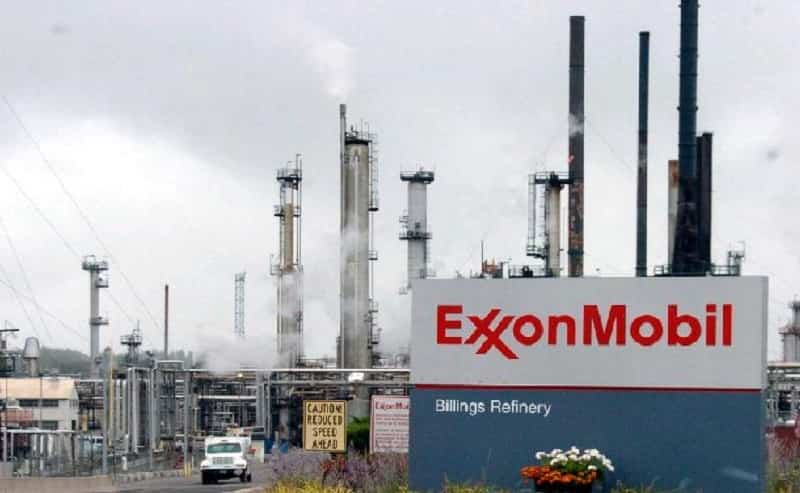Single-use-Plastic – Molecular-recycling 02-04-2022 - Arhive
Single-use-Plastic – Molecular-recycling
Solenis, a global producer of specialty chemicals, and BIO-LUTIONS, a Hamburg-based CleanTech company, will develop more sustainable disposable products to replace various single-use plastic products in food packaging applications.
BIO-LUTIONS mechanically converts agricultural residues into unique, self-binding, durable fibcro® natural fibers. This patented method eliminates the need for binding agents or chemical cellulose isolation, as the fiber itself is used. From these fibers, BIO-LUTIONS creates a variety of sustainable single-use disposable products and packaging. Single-use-Plastic – Molecular-recycling
The company is using Solenis’ portfolio of barrier coatings for fiber-based products, which includes a range of products that repel water and water vapor, hot and cold liquids and oils and greases. These barrier coatings are available as either water-based polymer emulsions or solid biowaxes and are produced using the highest level of renewable raw material content currently feasible. Most importantly, fiber-based products coated with these barrier coatings typically are repulpable, recyclable, compostable and biodegradable, thereby offering packaging producers a way to improve their sustainability credentials with brand owners, retailers, and consumers.
“The demand for sustainable packaging has increased dramatically in recent years as consumers have become more mindful of the effects their buying choices have on the environment,” said Richard Brooks, Global Packaging Director, Food Packaging at Solenis. Single-use-Plastic – Molecular-recycling
“Being a technology partner with such a new and innovative company like BIO-LUTIONS will allow a close working relationship where we can exchange ideas that hopefully lead to faster innovation and the creation of more sustainable disposable products for the food and beverage paper packaging market.”

-Indorama to exhibit INVIYA products at Fibres & Yarns India
Indorama India Private Limited (IIPL), the largest producer of spandex yarns in India, will be showcasing the products under its INVIYA® brand at the Fibers & Yarns fair, scheduled to take place from April 7-9, 2022 in Mumbai. The company will exhibit its spandex spools, Stolid spandex spools, elastic tapes, diapers, and knitting and denim fabric swatches made from INVIYA® spandex. Single-use-Plastic – Molecular-recycling
“We participate in Fibres & Yarns exhibition every year and it’s a great platform to connect with potential customers and showcase our products,” said Shalendra Vasudeva, Chief Marketing Officer of INVIYA® Spandex business, Indorama Corporation.
“This year, we intend to promote our products at the fair and meet our existing and potential customers,” Nilesh Sevak, Head – Domestic Sales, told Fibre2Fashion.
“We will be showcasing our products like spandex spools, Stolid spandex spools, elastic tapes, diapers, and knitting and denim fabric swatches made from INVIYA® spandex at the event next month,” said Rahul Singh, Head – Business Development.
The company’s spandex yarn is marketed under the INVIYA® brand. It is sold primarily to domestic spun yarn producers, knitters, and texturisers in the Indian textile industry. Indorama’s state-of-the-art plant, located in Baddi, Himachal Pradesh, is equipped with the latest continuous polymerisation technology and dry spun technology to produce spandex yarns. The company also has a continuous polymerisation pilot plant to produce different polymer recipes as part of its product development activities. The current production capacity is 16,500 Mts per year at approximately 45 MTs per day to meet the growing demands of the Indian textile industry. Single-use-Plastic – Molecular-recycling

-Renewcell and Birla Cellulose sign Letter of Intent for large scale circular fiber production
The Swedish textile-to-textile recycling innovator Renewcell has signed a Letter of Intent with Birla Cellulose, the pulp and fibre business of Grasim Industries Ltd. a flagship company of the Aditya Birla Group and one of the world’s largest man-made cellulosic fibre producers, concerning a long-term commercial collaboration for man-made cellulosic fiber production. Single-use-Plastic – Molecular-recycling
The agreement affirms the two companies’ intent to work together to supply high quality Liva Reviva textile fibers made using Circulose®, Renewcell’s 100% recycled textile raw material, to global fashion brands and textile industry in the coming years. The shared ambition is to use 30 000 tonnes of Circulose® per year. The agreement has been facilitated by Ekman Group, Renewcell’s exclusive global trading partner.
“Renewcell and Birla Cellulose have collaborated almost since the founding of our company. We have benefited from their technical expertise and customer feedback throughout the development and ongoing commercialization of Circulose®” notes Patrik Lundström, CEO of Renewcell. “With recent trial successes, growing fashion brand demand, and the upcoming commissioning of our new commercial-scale recycling plant in Sundsvall, Sweden – the time is now right to proceed to large-scale commercial collaboration. Together with Birla Cellulose, a world-leading viscose manufacturer, we will work to make fashion circular and reduce its negative impact on climate and the environment.” Patrik Lundström adds.
“Birla Cellulose is excited to extend its partnership with Renewcell for expansion of its circular fibre offering – Liva Reviva ” Said Mr H K Agrawal, Managing Director, Grasim Industries Limited, ” Liva Reviva is a testimony to our commitment to circularity and sustainability, It is the pioneer commercial scale viscose fibre offering, containing recycled feedstock. We are looking forward to collaborate with innovators with an aim to scale up the circular fibers production to 100,000 tons per annum by 2024. We expect this partnership with Renewcell to play an important role in providing high quality Liva Reviva to our esteemed customers.” Single-use-Plastic – Molecular-recycling

-SK Chemical to build plastic recycling facility in Ulsan for copolyester production
SK Chemicals will build a plastic waste recycling facility at its manufacturing base in Ulsan, Korea, for completion by 2025. Single-use-Plastic – Molecular-recycling
The facility will recycle used plastics to annually produce 50,000 tons of copolyester, a modified form of polyesters used in making BPA-free plastic cases for cosmetics.
SK Chemical will expand copolyester production capacity from current 21,000 tons to 30,000 tons by 2025 and 45,000 tons by 2025, with a plan to add overseas plants.

Eastman has entered an exclusive negotiation with Port-Jérôme-sur-Seine as the preferred location of the molecular recycling facility it plans to build in France. This is an important step toward a significant milestone in the company’s plan to invest up to $1 billion and build the world’s largest material-to-material molecular recycling plant in France — a facility that will recycle approximately 160,000 tonnes of hard-to-recycle polyester waste annually. Single-use-Plastic – Molecular-recycling
In the time since Eastman Board Chair and CEO Mark Costa and French President Emmanuel Macron jointly announced the company’s planned investment in January, Eastman conducted a selection process of three potential locations and chose to enter exclusive negotiations with Port-Jérôme-sur-Seine in Normandy. This site offers proximity of supply to waste polyester for feedstock, required space for an expansive facility and the necessary infrastructure for operations of this scale. Eastman expects the facility to be operational by 2025.
“We conducted a very thorough assessment process of three excellent candidate sites and selected Port-Jérôme-sur-Seine because it offered the essential elements for constructing and operating a facility of this magnitude,” Costa said. “Only two months have passed since I met with President Emmanuel Macron in January, and we continue to be impressed by the collaboration that is making rapid progress possible. We are grateful for the efforts of the national, regional, and local governments; state agencies; and development authorities.” Single-use-Plastic – Molecular-recycling

-ExxonMobil to start up its linear alpha olefins unit in Baytown in mid-2023
ExxonMobil announced that construction of the new linear alpha olefins (LAO) manufacturing unit at its Baytown, Texas, integrated petrochemical complex is progressing and targeting commercial start up in mid-2023, according to Hydrocarbonprocessing. Single-use-Plastic – Molecular-recycling
When fully operational, the new facility will have the capacity to produce approximately 350,000 metric tons of LAO annually.
ExxonMobil will manufacture 10 high-purity LAO products at the site and market the new offering under the ELEVEXX brand name. Extremely diverse, LAO molecules are used in a broad range of applications, including in plastic packaging, high-performing engine and industrial oils, and as building blocks for surfactants and other specialty chemicals.
The new manufacturing facility will feature the latest quality control technology, including in-line analyzers engineered to assess product quality and purity in real time, helping to maximize finished LAO molecule consistency and supply reliability.
As MRC wrote before, KBR and ExxonMobil Catalysts and Licensing will collaborate to bring significant advancements to propane dehydrogenation (PDH) technology. Under the collaboration, ExxonMobil’s new proprietary catalyst technology will be combined with KBR’s proprietary K-PRO PDH technology to convert propane into propylene. Enabled by the superior performance of ExxonMobil’s new catalyst, the combined technology solution could offer financial savings compared to PDH technologies currently available.
We remind that in February, 2022, ExxonMobil and SABIC successful started up Gulf Coast Growth Ventures world-scale manufacturing facility in San Patricio County, Texas. The new facility will produce materials used in packaging, agricultural film, construction materials, clothing, and automotive coolants. The operation includes a 1.8 MM metric tpy ethane steam cracker, two polyethylene (PE) units capable of producing up to 1.3 MM metric tpy, and a monoethylene glycol (MEG) unit with a capacity of 1.1 MM metric tpy. Single-use-Plastic – Molecular-recycling

Single-use-Plastic – Molecular-recycling
